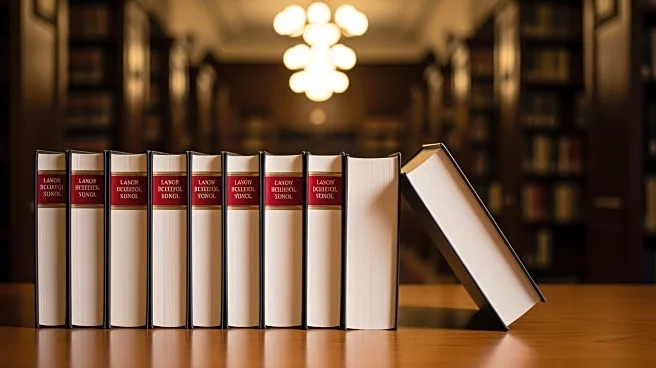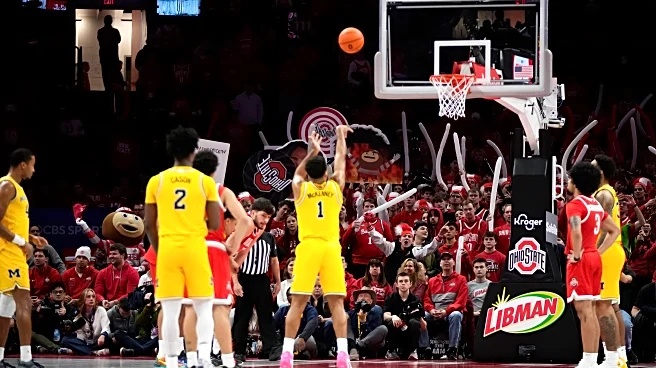What's Happening?
Law firms are providing entertainment budgets to law students as part of their recruiting efforts, raising concerns about the fairness and integrity of the hiring process. This practice highlights potential
biases in recruitment, as it places significant power in the hands of students, potentially influencing their decisions based on non-professional factors. Additionally, Kirkland & Ellis has opted not to announce its incoming partner class, a move seen as shielding high-achievers but also raising questions about transparency. These developments come amid broader concerns about the use of AI in legal opinions, with a Senator seeking answers regarding potential AI hallucinations in judicial decisions.
Why It's Important?
The current practices in law school recruiting and firm transparency are significant as they may perpetuate biases and affect the diversity and fairness of the legal profession. The use of entertainment budgets could lead to decisions based on personal preferences rather than merit, impacting the quality and diversity of future legal professionals. The lack of transparency in partner announcements may also affect perceptions of fairness and meritocracy within law firms. Furthermore, the potential use of AI in legal opinions raises ethical and accuracy concerns, which could impact the credibility of judicial decisions.
Beyond the Headlines
The developments in law school recruiting and AI use in legal opinions highlight broader issues of bias and transparency in the legal profession. These practices may influence the culture and diversity within law firms, affecting long-term industry standards. The ethical implications of AI in legal decisions also underscore the need for careful consideration of technology's role in the legal system, ensuring accuracy and fairness in judicial processes.










